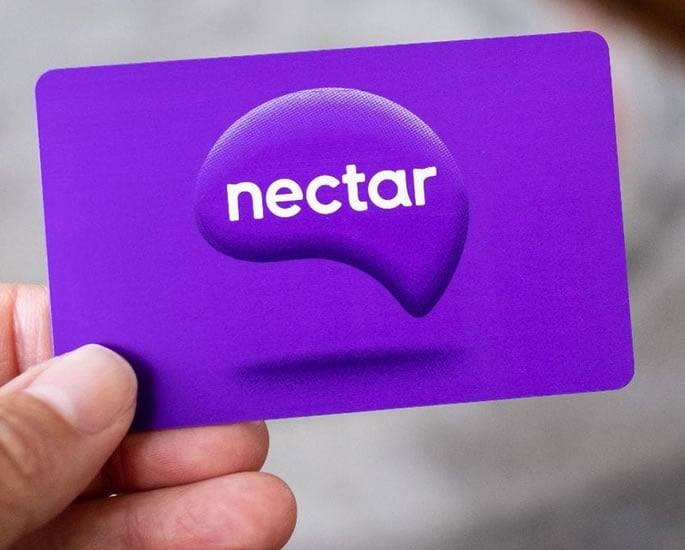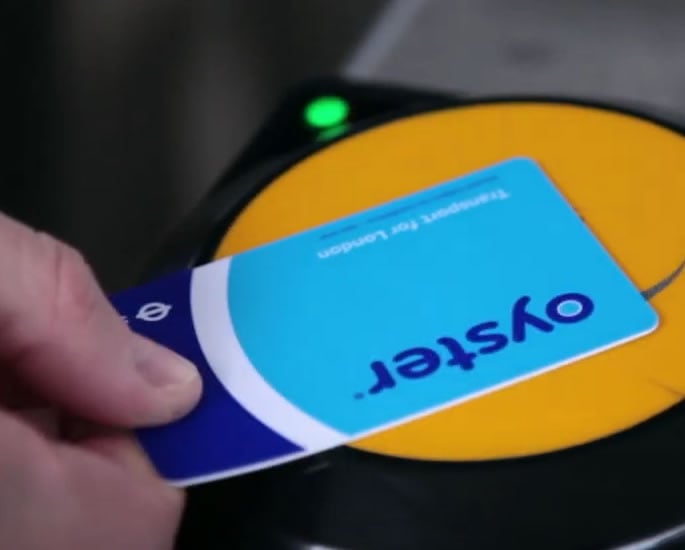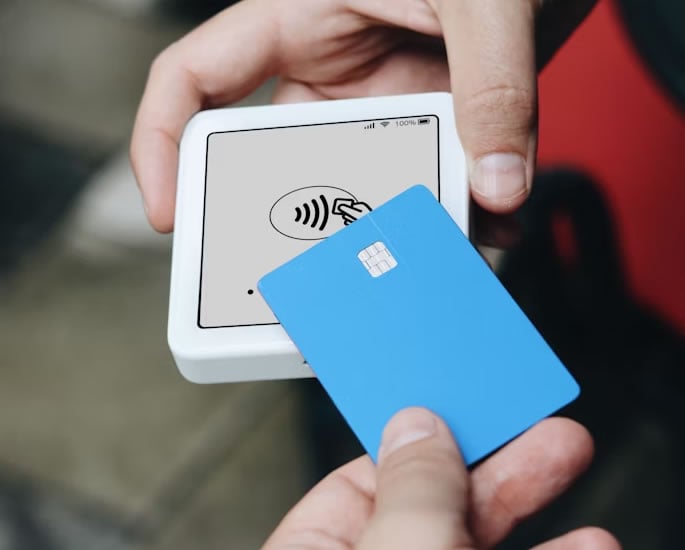Before signing up, always check for student discounts.
Across the UK, the new university year is starting and if you’re heading off for the first time, managing your money is likely top of your mind.
Student loans can only stretch so far, and for many, this is the first time you’ll be fully responsible for rent, bills, groceries, and the little extras that come with independent living.
Suddenly, budgeting becomes a daily necessity.
Worrying about money shouldn’t overshadow the excitement of starting university, but a few smart moves now can make life a lot easier.
From tracking your spending to spotting student discounts and avoiding hidden fees, there are simple ways to make your budget go further.
To help you hit the ground running, here are 10 last-minute tips for keeping your finances under control while you focus on settling into student life.
Supermarket Loyalty Cards

Supermarket loyalty cards are one of the easiest ways to cut your food bill, and they’re perfect for student budgets.
They used to just offer points you could collect for small savings later. Now, they unlock discounts instantly on products you’ll be buying anyway.
You don’t have to commit to one supermarket, either. Sign up for every loyalty scheme you can. As long as you’re 18 or over, you’re eligible.
Most are free, and you don’t even need a plastic card anymore – apps handle it all from your phone.
Tesco Clubcard and Sainsbury’s Nectar are the most popular student choices, while Co-op charges £1 for its card. Just be aware that Co-op’s scheme isn’t valid at every franchise, so always check your local branch before paying the fee.
One thing to watch: a lot of loyalty discounts apply to branded products.
Supermarket own-label items are often cheaper even without a discount, so always price-check before assuming the “deal” is the best option.
Watch Out for Subscription Traps

Free trials can be tempting, especially when you’re on a student budget and love the idea of a discount or a freebie. But be careful as many offers come with hidden catches.
The small print often ties you into a regular subscription, and if you forget to cancel, money will quietly disappear from your bank account.
That’s not a surprise you want when you’re already counting pennies.
Always read the terms and conditions before signing up.
If you do still want to go ahead, either cancel the subscription the same day if you can, or set yourself a reminder for the cancellation deadline so you don’t get caught out.
Take Advantage of Bank Freebies

It’s not too late to sort out a student bank account if you haven’t already.
Many student bank accounts often come with freebies designed to tempt you, so it’s worth comparing what’s on offer before you sign up.
One of the standout perks is Santander’s free four-year railcard, which gives you up to a third off most train fares.
The bank values it at £115, making it especially useful if you’ll be travelling home or exploring new cities during term time.
Make Sure to Have a Good Phone Deal

If your phone isn’t tied into a family package, it’s worth checking that you have a good deal.
The Save the Student website has a handy comparison tool where you can browse SIM-only plans or contracts that include a handset.
Just set your budget, decide what you need, and it will show you the options that fit.
Before signing up, always check for student discounts.
Mobile networks often list these on their websites, and platforms like UNiDAYS and Student Beans regularly feature extra offers.
Taking a few minutes to compare could save you a lot over the course of a year.
Share Bills

For many students going to university for the first time, halls will be their accommodation.
But for those sharing a house, make sure the bills are a shared responsibility.
It might feel like extra hassle, but the fairest way is to put everyone’s name on them.
Energy provider EDF says:
“Adding everyone’s names means you can all talk to your supplier about your energy.”
That’s useful, but more importantly, it makes everyone legally responsible for payments.
Miss a bill, and it affects everyone, not just the person whose name is on the account.
It’s much better than leaving one housemate to take on all the risk. The bill still needs to be paid from a single account, so agree in advance whose it will be and how the rest of you will transfer your share.
TV Licence

Your family’s TV licence doesn’t cover you once you’ve moved to university, but the good news is you might not need one.
If you only use streaming services like Netflix or Disney+, you’re fine.
But you’ll need a licence if you watch or record live TV, or if you use iPlayer on any device.
However, Save the Student points out a loophole: you can legally watch iPlayer on a phone, laptop, or tablet as long as the device isn’t plugged in at the time.
In shared houses, everyone can use the same licence if you’re on a joint tenancy.
At £174.50 a year, the cost isn’t small. You can spread payments, but your first licence is charged at £29.10 per month for six months before dropping to £14.54.
Travel Discounts

If your university isn’t based on a campus, travel to and from lectures can quickly add up. It’s worth looking into student travel discounts to keep spending down.
Stagecoach offers student bus tickets in many of the areas it serves, with prices listed on its website so you can compare and choose the cheapest option for your routine.
Other local bus and train operators around the country run similar schemes, so always check what’s available in your city.
In London, you can apply for an 18+ Oyster photocard, which cuts the price of weekly, monthly, or annual travelcards by 30%.
It doesn’t apply to pay-as-you-go fares, though, so if you’re only commuting a couple of days a week, the saving may not be worth it.
Keeping an Eye on Payments

Keeping track of your bank balance is essential at university. Make sure you know when rent, bills, or student loan payments are due so nothing catches you out.
The credit reference agency Equifax recommends sticking to a budget, and one simple method is the 50:30:20 rule.
That means 50% of your money goes on essentials like rent, food, and bills, 30% on non-essentials like clothes or nights out, and 20% on savings or paying off debt.
It’s a straightforward way to stay in control of your finances and avoid the stress of running out of money before the end of term.
Compare Grocery Prices Like for Like

When you’re comparing supermarket prices, make sure you’re comparing like for like.
Most retailers display a unit price on shelf labels, for example, cost per 100g for pasta, alongside the pack price. This makes it easier to work out which option really offers better value.
From October 2025, supermarkets will be required to make unit prices more consistent, even on items that are on offer.
That should make spotting a genuine bargain much simpler.
One thing to keep in mind: food waste is wasted money. It’s not worth buying a bigger pack if it’s going to go off before you can use it.
Think Twice about Buy Now, Pay Later

Buy now, pay later (BNPL) credit is everywhere online, letting you spread the cost of anything from trainers to takeaway meals.
Payments are often split into three monthly instalments. Stick to the plan, and you usually won’t pay interest or fees, but it has been linked to people falling into debt, so think twice before using it.
If you do choose BNPL, make sure you fully understand the terms.
Different providers have different approaches to charges and late fees. Keep a clear record of how much you’ve spent and when payments are due. The government-backed MoneyHelper advises doing this to avoid unexpected costs.
Many providers will send reminders for upcoming payments, and some let you track everything easily through an app. Staying organised is key to making BNPL work without it costing you more.
Starting university is exciting, but it can also be financially challenging, especially in your first year.
By keeping an eye on your spending, making the most of student discounts, and using practical budgeting strategies, you can avoid unnecessary stress and stretch your money further.
Small habits, like sharing bills, tracking subscriptions, or comparing prices, add up quickly and make a real difference.
Remember, managing your finances is a skill that will benefit you far beyond your time at university.
With a little planning and awareness, you can enjoy your new independence while staying in control of your money.






























































